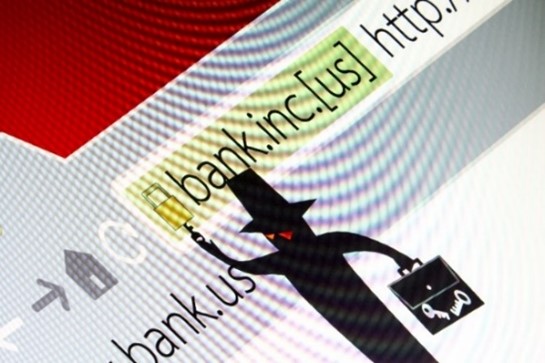
I thought I was very well prepared and diligent with my online well-being yet fell severely short when a harmful call came through on my landline telephone, and yes, I still have a landline. By answering the call, I became fully caught up in the vexing matter of financial crime known as spoofing. Today’s cybercrime reality contains an array of swindles almost unlimited in nature due largely to the staggering amount of personal information available online and in storage clouds. However, true too, is that it is nearly impossible to conduct personal or business affairs without being online in some way or the other. Keeping up with my online security was already taking a large amount of my time and attention – the spoofing event increased my vigilance a thousand-fold.
To say that I was security conscious and diligent with safeguarding my online computer presence is an understatement…until a few months ago when I fell hook line and sinker for a spoofing call from “my bank” on my landline. In hindsight I feel very stupid and unaware. The secondary consequence of the event continues to be a distressing and expanding event and necessitated setting up all new accounts with added security, supper long and complicated passwords, two-step validations…the list was endless. Even in this digitally linked age, it took days to not only transfer data to new accounts while first learning how to PDF digital signatures. I admit, it was a tad of a learning curve. Little glitches in the transfer of data of the information are still popping up as the account providers verify the changes and account information is confirmed. A positive point of this learning process is that it has made me even more diligent and knowledgeable on security protocols and I know how to do lots more computer ‘stuff’!!
I was familiar with the term spoofing on my computer via email and cellphone via text but did not know at the time spoofers could take over a recognized telephone number from a trusted company. When I saw on the landline ID screen “my bank” was calling from the phone number of the bank I recognized, I answered the line and commenced to participate in a scam that cost me a couple thousand dollars in actual money…and much more in time and stress. It was an expensive learning experience and very humbling.
I do not know if I can specifically call myself a victim, because of my actively gullible participation, but somewhat in my defense the entire process was one my real bank uses, case ticket numbers and all. I felt safe and secure that “my bank” was overseeing the matter and walking me though a resolution. I even had certain alerts on my accounts to text me about various activity, but while I was on the phone with “my bank” I did not look at the texts on my cell phone until later. A secondary learning experience…if you set up warning alerts look at them at once!
I am no longer innocent of the financial and emotional consequences experienced by the revolting violation of privacy from spoofing. Nor do I take my learning experience lightly. I discovered new ways to engage additional security features, set up additional alerts and remember to read them right away. I let the ringing phone go to voicemail – no matter what number comes up on the ID screen. I listen if there is a voice mail and respond in my own secure way to validate the caller and any information. Responding to calls this way takes extra time and is slightly irritating but jeopardizing my personal data is vastly more vexing. I too, no longer click on ANY link in email or text, no matter how friendly and safe it purports to be. I am now and forevermore a devout non-clicker.
The event jolted me enough that while my sense of trust is for now very narrow, my skill at detecting any further scams is more knowledgeable and defended better. I realize one can never be truly cyber secure – but the chances of being hacked can be mitigated with knowledge and security protocols. There is only a slight hope the all the monies deducted from my accounts will be recovered, so it remains for now an expensive and twisting learning experience. I recommend to anyone not familiar with the terms and financial consequences of a spoofing attack immediately become aware of ALL the ways it can happen and strive to protect your personal and financial accounts. My ‘real’ bank representative told me the types of frauds and hacking, including spoofing, get more sophisticated every day. The validation was nice to hear, but it didn’t make me feel any less guilty for my part in the occurrence. What it did was to make me study harder and be more diligent using my electronics.
“When you make a mistake, there are only three things you should ever do about it:
admit it, learn from it, and don’t repeat it.“
–Paul Bear Bryant